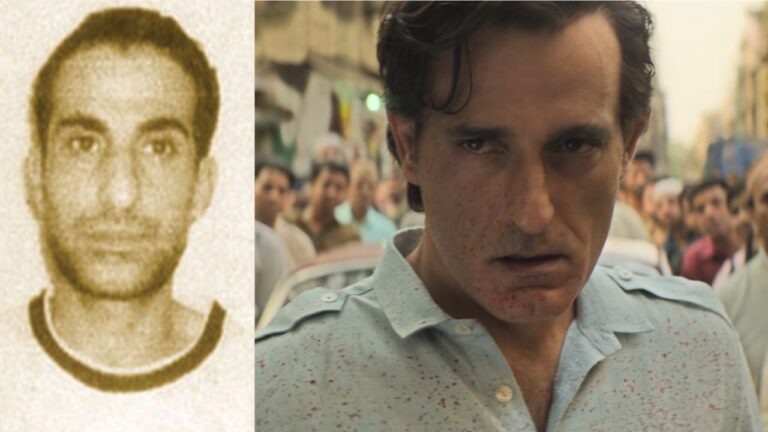
Martin Luther King Day: Honoring the Legacy of Dr. Martin Luther King Jr. on His 95th Birthday (Pic Credit: Google Doodle)
On January 15, 1929, a beacon of hope and inspiration was born in Atlanta, Georgia, destined to change the course of history. Today, we celebrate the 95th birthday of the iconic civil rights leader, Dr. Martin Luther King Jr. His indomitable spirit, eloquent words, and unwavering commitment to justice continue to resonate with people around the world, reminding us of the enduring power of the dream he championed.
Table of Contents
Early Life and Education
Born into a family deeply rooted in the African American church tradition, Martin Luther King Jr. was exposed to the principles of equality, justice, and compassion from an early age. His father, Martin Luther King Sr., served as a pastor, instilling in his son the values that would later shape the trajectory of the civil rights movement.
Dr. King’s academic journey took him to Morehouse College, where he excelled in his studies and began to develop his intellectual foundation. Later, he pursued theological studies at Crozer Theological Seminary in Pennsylvania, followed by a doctorate in systematic theology at Boston University. These academic pursuits not only honed his intellectual prowess but also deepened his understanding of the philosophical underpinnings of justice.
Montgomery Bus Boycott
Dr. King’s leadership abilities came to the fore during the Montgomery Bus Boycott in 1955-1956, a pivotal moment in the civil rights movement. The boycott, triggered by Rosa Parks’ refusal to give up her bus seat, saw Dr. King emerge as a charismatic and strategic leader. His commitment to nonviolent protest and civil disobedience became hallmarks of his approach, setting the tone for the years to come.
“I Have a Dream” Speech
Perhaps the most iconic moment in Dr. King’s life came during the March on Washington for Jobs and Freedom in 1963. On the steps of the Lincoln Memorial, he delivered his famous “I Have a Dream” speech, a powerful and impassioned plea for racial equality and justice. The speech resonated globally, capturing the hearts and minds of millions and solidifying Dr. King’s place as a symbol of hope and change.
Nobel Peace Prize and Beyond:
In 1964, Dr. King received the Nobel Peace Prize for his tireless efforts in combating racial inequality through nonviolent means. However, his work was far from over. He continued to advocate for civil rights, addressing issues such as voting rights, economic justice, and an end to the Vietnam War.
Dr. Martin Luther King Jr.’s legacy extends far beyond his untimely death in 1968. His teachings continue to inspire generations, reminding us of the power of unity, love, and peaceful resistance. The fight for justice and equality is ongoing, and Dr. King’s dream remains a beacon guiding us toward a more just and compassionate world.
Quotes from Dr. Martin Luther King Jr.
- “Darkness cannot drive out darkness; only light can do that. Hate cannot drive out hate; only love can do that.”
- “Injustice anywhere is a threat to justice everywhere.”
- “The time is always right to do what is right.”
- “I have decided to stick with love. Hate is too great a burden to bear.”
- “Our lives begin to end the day we become silent about things that matter.”
- “The ultimate measure of a man is not where he stands in moments of comfort and convenience, but where he stands at times of challenge and controversy.”
- “We must accept finite disappointment, but never lose infinite hope.”
As we celebrate the 95th birthday of Dr. Martin Luther King Jr., let us reflect on the progress made and the challenges that persist. His life serves as a testament to the transformative power of a singular dream and the collective efforts of those who dare to stand against injustice. In honoring Dr. King, we recommit ourselves to the enduring struggle for a world where equality, justice, and peace prevail.






